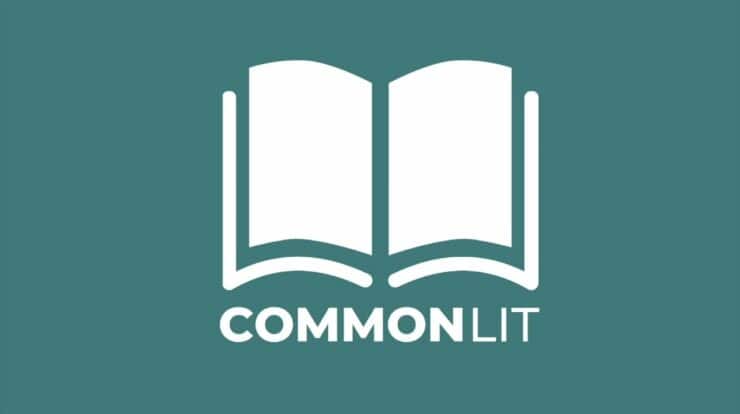
Over the past decade, we’ve seen a significant rise in cybercrime. Hackers are trying to get into everything from personal websites to business websites. So, the next time you launch a website, you’ve got to ask yourself, is it safe?
On the upside, the number of companies offering secure web hosting has risen considerably, so you won’t have a problem finding one. However, you will still have to choose between many companies all promising to safeguard you and your site visitors’ data.
To make things a little easier for you, we’re going to discuss six security features every secure web hosting provider should have.
Key Features of Secure WordPress Hosting Plans
Secure Server Capabilities
If you operate an online business that requires you to gather your clients’ personal and financial details, you need a secure server.
Hackers often access servers remotely to steal this sensitive information. You should, therefore, ensure that your communications to the server remain secure at all times. Even if you don’t need a secure server at the moment, knowing that your data is safe can save you a lot of heartache in the future.
Reliable Backup and Restore Features
According to Nexcess, hosting your website means entrusting all your files and data to a remote location. While this might seem safe since the hosting provider promises to keep it safe, you should still safeguard it in case of an unprecedented attack.
Your website’s files and data are essential to its functionality and the smooth running of your online business. You should ensure that your hosting provider offers reliable backup and restore capabilities.
While most web hosting providers offer some form of backup system, you should ensure you get your money’s worth. Some of the essential features to look out for are:
- Does it offer automated backup?
- Where is the data backed up to?
- What is the nature of the retrieval process?
- Are there any additional costs?
DDoS Prevention and CDN Support
DDoS (Distributed Denial of Service) attacks can cripple your website if you are not prepared. These attacks work by sending requests that are too large for a server to load. The effect is suspension from your web host and the loss of clients in more severe cases.
Most secure wordpress hosting providers have DDos prevention measures in place. However, some of these measures are not as reliable as they should be.
A promising sign that your hosting provider has adequate mitigation measures is CDN support. CDN (Content Distribution Networks) have a massive infrastructure that enables servers to deliver data faster. This, in turn, enables them to absorb the shock of a DDoS attack effectively.
Malware Scanning
Malware can lead to significant or total loss of data. If your servers are infected with malware, it can cause your site to crash. Having a web hosting provider that has mechanisms that actively protect you from malware can be reassuring.
Always check to see whether your hosting provider offers remote malware and file integrity scanning services. You should also find out whether you can access scan reports. Having a hosting provider that can help with malware removal is a bonus.
Operating System
Before launching a website, you have to decide which operating system you’ll host your site on. Most web hosting providers offer both Windows and Linux-based hosting accounts. The option you take all comes down to the technical requirements of your site.
Manual Robots
Manual robots are essential if you are running an isolated account. This is because, like PCs, websites also benefit from having their host servers refreshed.
If your web hosting provider allows manual backup and restores systems, you should also ensure that they allow manual robots. Manual robots come in handy whenever you encounter any significant issues. They help you restore and reboot the account quickly.
Conclusion
Whenever you’re looking for a web hosting provider, ensure that they offer all the above features. That being said, securing your website doesn’t end with selecting the most secure WordPress hosting provider. It would be best if you also looked out for more ways to safeguard your site.


